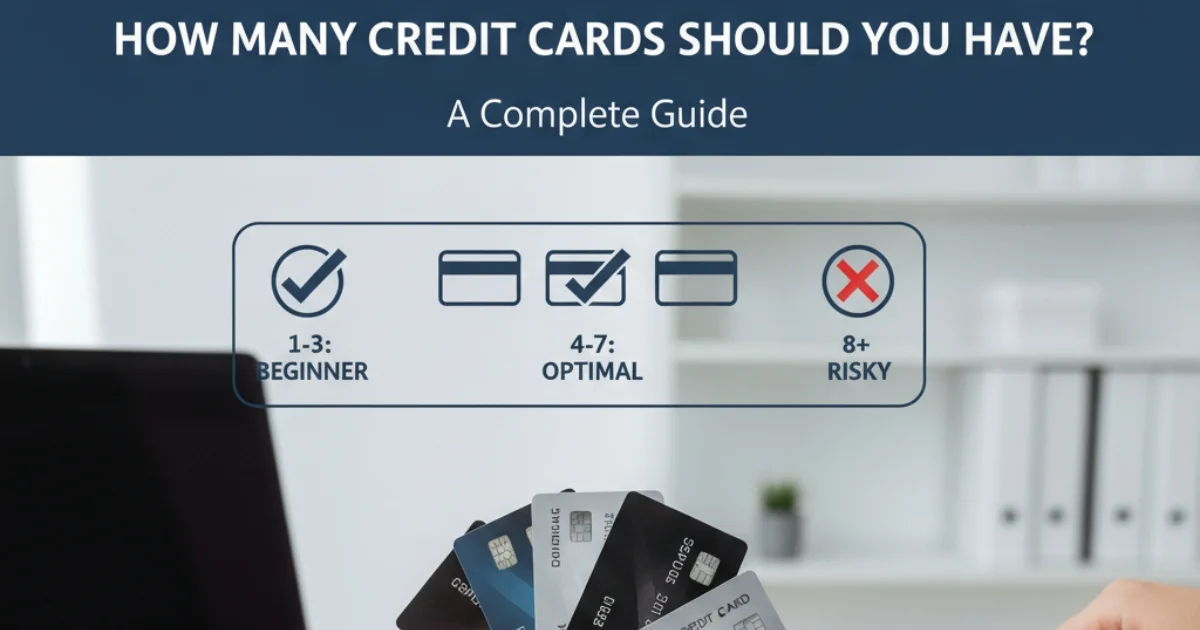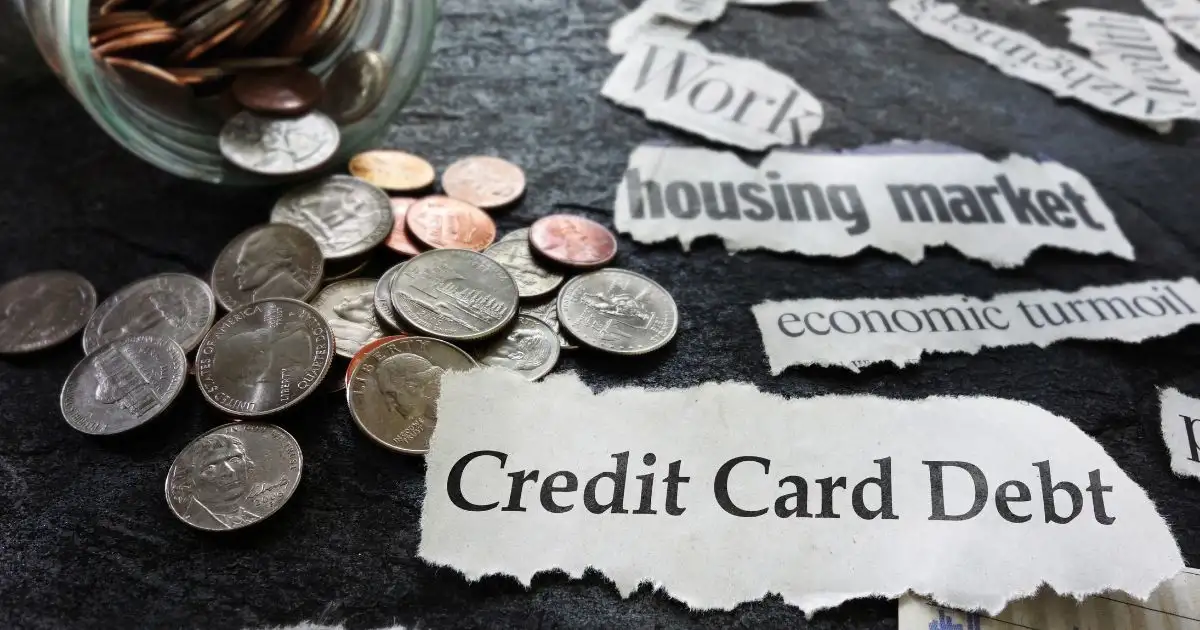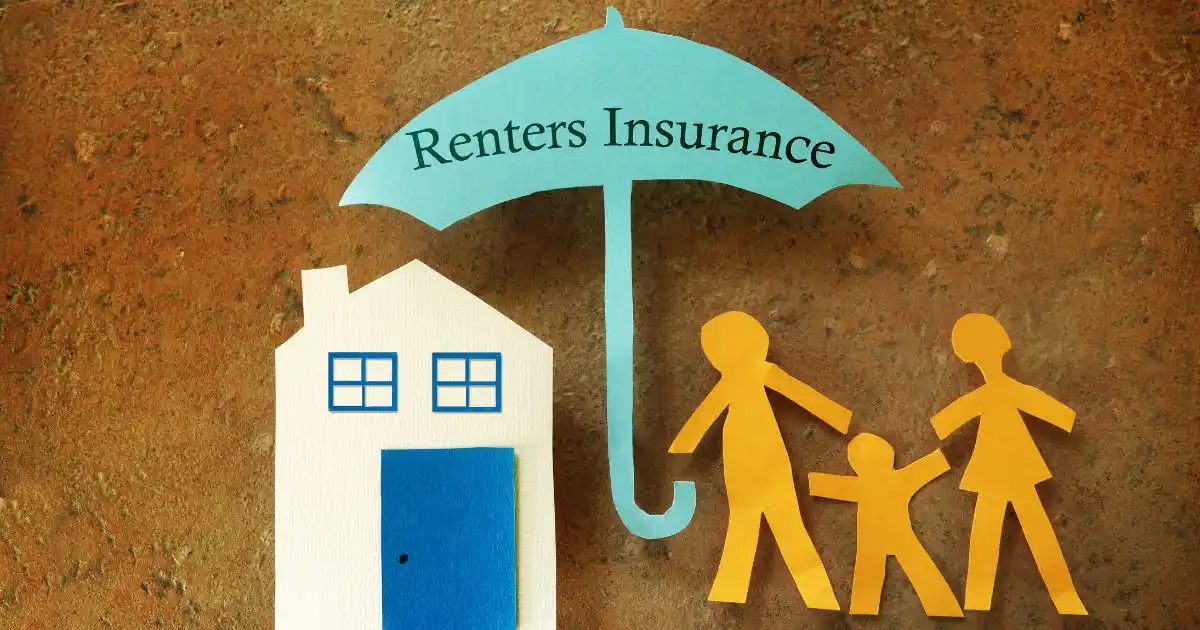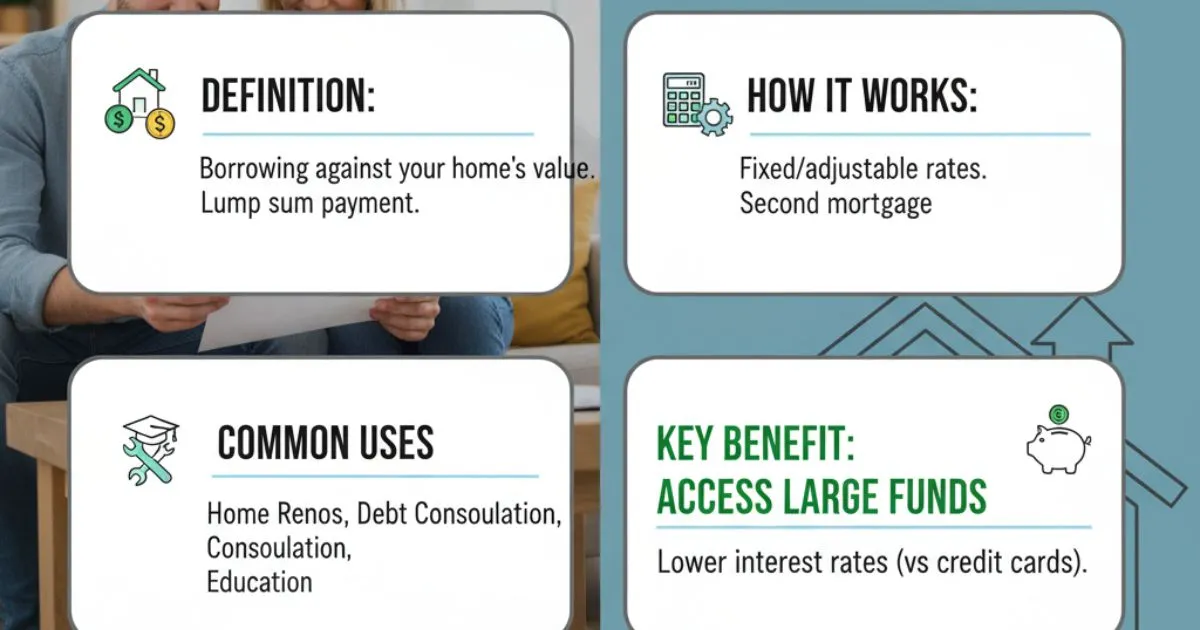The right number of credit cards isn’t universal. It depends on your spending habits, financial goals, and discipline. A young professional just starting out may only need one starter card, while a seasoned traveler might benefit from multiple travel and cashback cards.
If you’ve ever wondered “How many credit cards should I have?”—you’re not alone. This is one of the most frequently asked questions in personal finance. Some people proudly carry a single card and swear by simplicity, while others juggle six or more cards to maximize rewards. The truth? Both strategies can work—if you know how to manage them.
In this guide, we’ll explore:
- Why the number of cards matters
- The benefits and risks of having multiple cards
- Expert-backed recommendations
- Factors to consider before applying for another card
- Tips for managing multiple accounts responsibly
By the end, you’ll have a clear framework for deciding the ideal number of cards for your wallet.
Why the Number of Credit Cards Matters
At first glance, it may not seem important whether you have one card or five. But the number of credit cards you hold can shape your credit score, financial flexibility, and lifestyle benefits.
1. Your Credit Score
Credit cards are one of the most common tools for building credit. Lenders and credit bureaus look at several factors when calculating your score:
- Credit utilization ratio: This is the percentage of your available credit that you’re actually using. A lower utilization rate is better. Multiple cards usually mean higher total available credit, which can keep your utilization low.
- Payment history: Having multiple cards means multiple opportunities to prove you’re reliable—if you always pay on time.
- Length of credit history: Each new account can reduce your average account age, which may temporarily lower your score.
2. Financial Flexibility
Carrying multiple cards provides a safety net. If your only card is lost, stolen, or declined, you won’t be stranded without access to credit.
3. Rewards and Perks
No single card offers the best rewards for every category. A traveler might want an airline card for free checked bags, a hotel card for free nights, and a general travel rewards card for flexibility. A grocery shopper might prefer a cashback card offering 5% in supermarkets.
In short, the number of cards you carry can affect everything from credit score stability to everyday convenience.
Benefits of Having Multiple Credit Cards
1. Lower Credit Utilization
Example:
- One card with a $2,000 limit and a $1,000 balance = 50% utilization.
- Two cards with a total $4,000 limit and the same $1,000 balance = 25% utilization.
Since experts recommend keeping utilization below 30% (ideally under 10%), multiple cards can help boost your credit score.
2. Maximizing Rewards and Cash Back
Different cards shine in different categories:
- Travel rewards cards → earn points/miles for flights, hotels, and lounge access.
- Cashback cards → 2–5% back on groceries, gas, dining, or online shopping.
- Rotating category cards → quarterly bonuses (e.g., 5% back at Amazon in Q4).
By combining cards, you can optimize every purchase. For example, you could use a travel card for flights, a cashback card for groceries, and a gas card for commuting.
3. Backup Options
Unexpected situations—like fraud alerts or technical glitches—can temporarily block a card. Having a second or third card ensures uninterrupted access to credit.
4. Building a Strong Credit Profile
Lenders like to see borrowers who can responsibly manage multiple accounts. If you’re planning for a big financial milestone like buying a house, demonstrating that you’ve successfully managed multiple credit lines can work in your favor.
Risks of Having Too Many Credit Cards
While the upsides are tempting, there are pitfalls to holding too many cards.
1. Temptation to Overspend
A higher credit limit can create the illusion of having more money than you actually do. If you lack discipline, this can lead to mounting debt and high-interest payments.
2. Annual Fees
Premium rewards cards often charge annual fees ranging from $95 to $550+. If you don’t fully use the perks—like airport lounge access, statement credits, or free hotel stays—you may lose money instead of gaining rewards.
3. Payment Management
Keeping track of multiple due dates can be overwhelming. Missing even one payment can damage your credit score and result in late fees.
4. Credit Score Risks
- Hard inquiries: Each new application can slightly lower your score.
- Average account age: Opening too many cards quickly reduces the average age of your accounts, which can hurt your credit history metric.
How Many Credit Cards Should You Have? (General Guidelines)
Let’s break it down by type of cardholder:
- 1–2 Cards → Perfect for beginners or minimalists. Provides credit-building potential with little complexity.
- 2–4 Cards → A balanced approach for most people. Enough flexibility for rewards without overwhelming management.
- 5+ Cards → Suitable only for advanced users who are highly disciplined, organized, and actively seeking rewards optimization.
Case Study Example
- Maria, a college student, starts with one student card to build credit. Later, she adds a cashback card for groceries and gas. She’s at two cards, which is ideal for her stage.
- James, a frequent flyer, carries five cards: a general travel card, a Delta airline card, a Marriott hotel card, and two cashback cards. He’s maximizing rewards without overspending—but only because he tracks payments carefully.
Factors to Consider Before Adding Another Card
Before hitting “apply,” think through these factors:
- Your Credit ScoreIf your score is already below 650, focus on improving it before applying for another card. Too many inquiries could make things worse.
- Spending HabitsIf 50% of your spending goes toward groceries and dining, a cashback card is better than a travel card. Match the card to your lifestyle.
- Debt ManagementStruggling to pay off existing balances? Adding another card could dig a deeper hole.
- Rewards vs. FeesAsk: Do the rewards outweigh the annual fee? For example, a $95 travel card may be worth it if you fly often, but not if you only travel once a year.
- Future GoalsPlanning to buy a house soon? Too many new accounts could lower your score temporarily, affecting your mortgage approval.
Tips for Managing Multiple Credit Cards Responsibly
- Set up autopay for at least the minimum payment. Ideally, pay the full balance monthly.
- Use financial apps or spreadsheets to track due dates and rewards categories.
- Designate roles: e.g., Card A for travel, Card B for groceries, Card C as emergency backup.
- Check statements monthly to catch fraud early.
- Avoid closing old no-fee cards—they help maintain your credit history length.
Pro tip: Some people set all due dates to the same day of the month (if the issuer allows) to simplify management.
Frequently Asked Questions (FAQs)
Q1: Does having too many credit cards hurt your credit score?
Not necessarily. The main risks come from mismanagement, late payments, or too many new accounts at once. Used wisely, multiple cards can actually improve your score.
Q2: How many credit cards is “too many”?
It’s “too many” when you can’t pay on time, struggle to track balances, or spend beyond your means.
Q3: Is it bad to cancel a credit card?
Canceling can hurt your score if it reduces your total available credit or shortens your credit history. If the card has no annual fee, it’s often better to keep it open.
Q4: Should I get a store credit card?
Store cards may offer big sign-up discounts but usually come with high interest rates and limited usability. They’re only worth it if you shop frequently at that retailer and always pay in full.
Q5: How many credit cards do most Americans have?
According to Experian, the average American has 3.84 credit cards (as of 2023). This suggests most people carry between 3–4 cards for balance and flexibility.
Conclusion
So, how many credit cards should you have? The short answer: as many as you can manage responsibly. For most people, this falls between 2–4 cards. That gives you flexibility, rewards, and backup options—without becoming unmanageable.
The real key is not the number of cards, but how you use them:
- Pay your balance in full and on time.
- Keep your credit utilization low.
- Choose cards that fit your lifestyle and financial goals.
If you do these things consistently, you’ll enjoy the benefits of multiple credit cards—stronger credit, richer rewards, and more financial flexibility—without the downsides.










